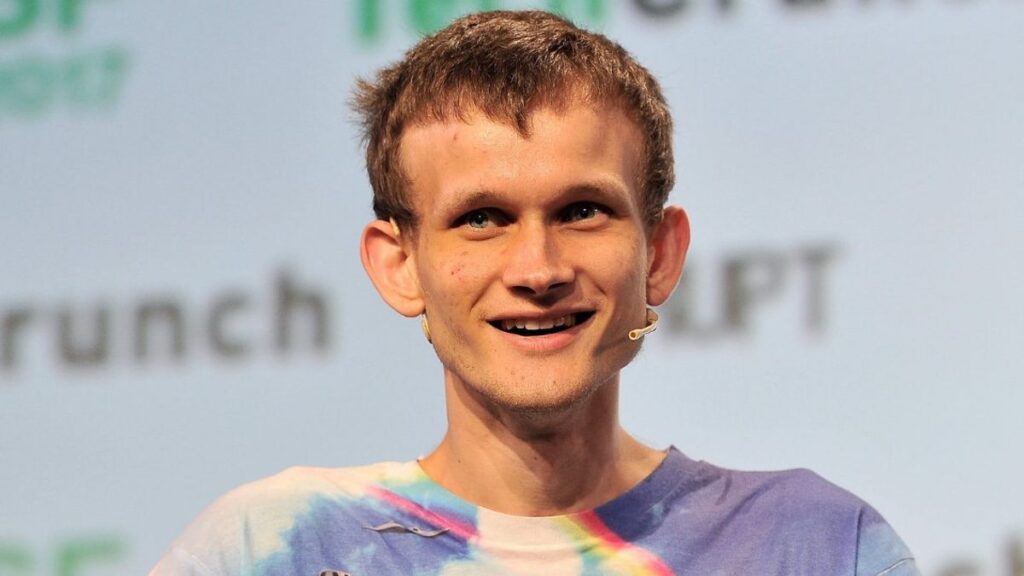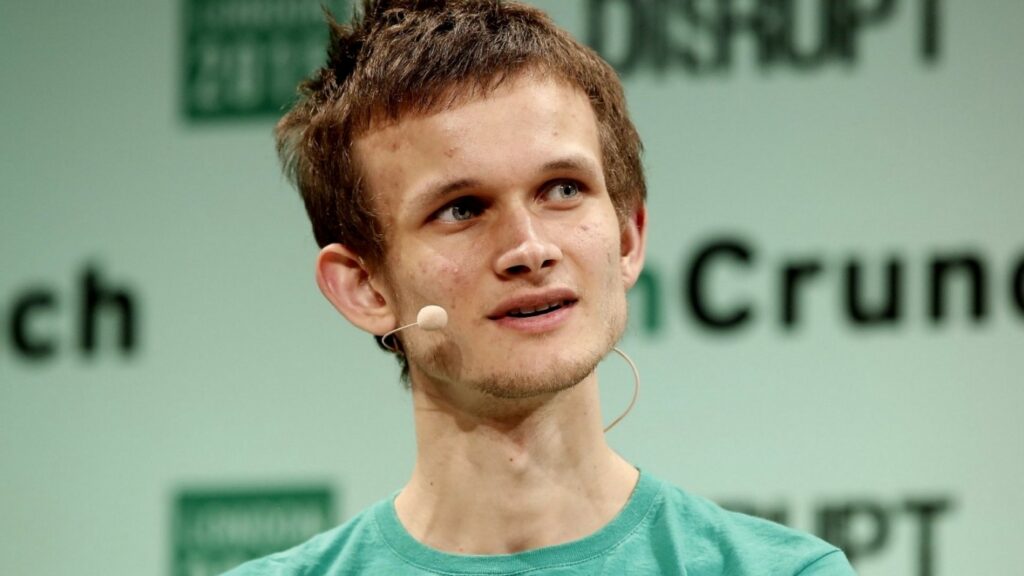Vitalik Buterin, one of the creators of Ethereum, has pondered about the Bitcoin block size conflicts that occurred between 2015 and 2017.
These conflicts were centered on the goal of increasing Bitcoin’s block size limit from 1 MB in order to accommodate a greater number of transactions, lower costs, and improve its effectiveness as a payment system.
At first, he backed the “big blockers” faction, which advocated for bigger blocks in order to minimize transaction costs and preserve Bitcoin’s function as a form of digital currency. The authors cited Satoshi Nakamoto’s papers, proposing that bigger blocks might be handled via simpler payment verification and hard forks.
Conversely, the “small blockers” prioritized the preservation of Bitcoin’s decentralization and security. They said that increasing the block size would raise the complexity and cost of running nodes, possibly leading to centralization of power.
Their fear was that frequent changes to the protocol may undermine the stability of Bitcoin, which should continue to function as a decentralized store of value, akin to digital gold.
Buterin said that while he agreed with the proponents of bigger blocks in order to maintain cheap fees, they often lacked the necessary technical proficiency to successfully execute their proposed solutions.
He reproached them for their failure to reach a consensus on practical boundaries for increasing block size, as well as for their technological errors, such as the ineptly performed Bitcoin Classic and Bitcoin Unlimited initiatives.
However, Buterin deemed the tiny blockers’ approach too cautious, since he disagreed with their inflexible opposition to hard forks and their dependence on soft forks.
In addition, he condemned the little blockers for their purported social media censorship and deliberate exclusion of opposing perspectives, resulting in the suppression of free discussion within the community.
Buterin emphasized the need of using equitable and comprehensive strategies in political and organizational disputes, underscoring the value of innovative technology and drawing lessons from previous conflicts to construct digital communities that are more robust and varied.
He saw the block size issue as a cautionary anecdote about the perils of unbalanced competence traps, in which a single group monopolizes technical proficiency yet advocates for a limited agenda, resulting in stagnation and internal discord.
Three weeks ago, Ethereum Improvement Proposal (EIP-7702) by Vitalik Buterin was released to address conflicts related to account abstraction in upcoming revisions.


